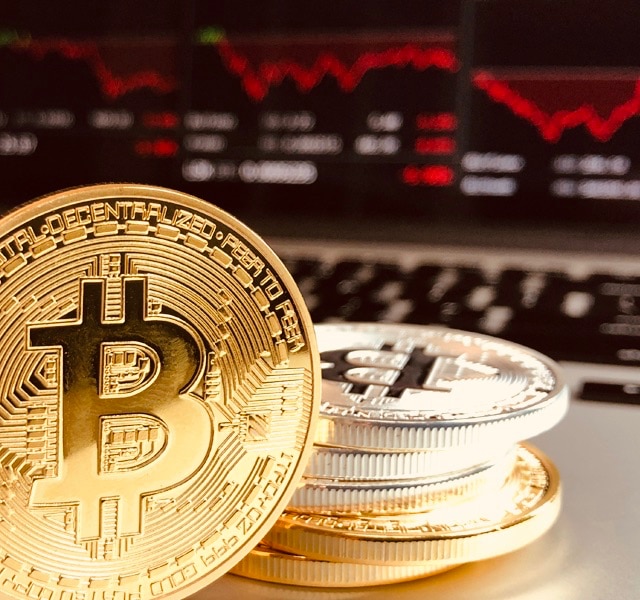May 2014 – For now, China appears to offer a similar opportunity to what Indonesia offered investors in the aftermath of the 1998 financial crisis
May 2014 – For now, China appears to offer a similar opportunity to what Indonesia offered investors in the aftermath of the 1998 financial crisis
May 2014 – For now, China appears to offer a similar opportunity to what Indonesia offered investors in the aftermath of the 1998 financial crisis
“I don’t know” are the most important words in investing.
No one knows what a stock will do tomorrow, next week, let alone next year. Analyse enough expert predictions and the conclusion is the same: the accuracy is slightly less than 50%, not much different from a coin flip. Last year’s top forecasters are rarely next year’s top forecasters, and three years in a row is unheard of.
This includes my own predictions. Investing is a game of probabilities. Sometimes the probabilities move sufficiently in an investors favour that action is warranted, assuming of course that one’s analysis of these probabilities proves to be correct.
A similar opportunity was available in the aftermath of the Asian crisis. An investor looking back at that period could easily conclude that late 1998 was the best time to buy stocks, as that was the absolute bottom in terms of price. However the real opportunity was more than four years later at the start of 2003, where despite a higher stock market the valuations were even cheaper. Taking Indonesia as an example of one of the worst affected countries from the crisis, in 2003 the country’s stock market was extremely unloved, having lost half of its value in the preceding six years, and was valued at less than 7x earnings while yielding more than 5%. This market went on to post in excess of 40% annualised gains over the next few years as valuations normalised, more than quadrupling in value.
Investing with hindsight is an easy thing to do. Are there opportunities similar to this now?
Keeping in mind that there’s around a 50% probability that I’m wrong, I’ll answer this question with a yes: China.
Like Indonesia in 2003, China equities are universally unloved, and are trading at less than 8x earnings, with a dividend of more than 4%. China equities have underperformed the S&P500 by more than 150% since the 2008 crisis, having posted annual losses every year after 2009. The losses continue this year, with the China stock market having lost -5% so far in 2014. This massive underperformance means that while the stock market price is slightly higher than the 2008-2009 bottom, the current valuation is significantly cheaper than at the bottom of the market, similar to our Indonesia example in 2003 vs 1998.
Finally infrastructure companies (railways, power companies, etc.) are also trading near 5x earnings, despite recent government announcements of railway stimulus packages that would strongly benefit the sector.
Just as the above sectors score highly on valuation metrics, not everything in China is cheap. Many stocks, particularly in technology and the casino sectors, have been strong recent performers and are trading at much higher multiples of 30x earnings.
Will Chinese equities over the next few years repeat the outperformance that Indonesia experienced after 2003? I don’t know.
Maybe China’s economy will collapse, and the stock market will continue to underperform as growth slows and earnings fall. Each investor should do their own analysis to decide whether the current valuations are already pricing in this dire economic outlook, and whether they are willing to take the risk that the China’s future will not be this negative.
By LEONARDO DRAGO
Co-founder of AL Wealth Partners, an independent Singapore-based company providing investment and fund management services to endowments and family offices, and wealth-advisory services to accredited individual investors.
YOU MAY ALSO LIKE

TEACHING THE NEXT GENERATION THE VALUE OF MONEY
When a stock that you own becomes the largest in the market, instead of a reason to continue to hold, it is actually a sell signal

Cryptocurrency frenzy points to it being one of history's biggest bubbles
Some may survive the inevitable bursting of this bubble and go on to do great things, like Amazon did

Surviving bear markets
Investors need a plan that has been proven historically to work and the discipline to follow it through
YOU MAY ALSO LIKE

TEACHING THE NEXT GENERATION THE VALUE OF MONEY
Some may survive the inevitable bursting of this bubble and go on to do great things, like Amazon did. For now, it's just speculative mania.

Cryptocurrency frenzy points to it being one of history's biggest bubbles
Some may survive the inevitable bursting of this bubble and go on to do great things, like Amazon did. For now, it's just speculative mania.
YOU MAY ALSO LIKE

TEACHING THE NEXT GENERATION THE VALUE OF MONEY
When a stock that you own becomes the largest in the market, instead of a reason to continue to hold, it is actually a sell signal

Cryptocurrency frenzy points to it being one of history's biggest bubbles
Some may survive the inevitable bursting of this bubble and go on to do great things...